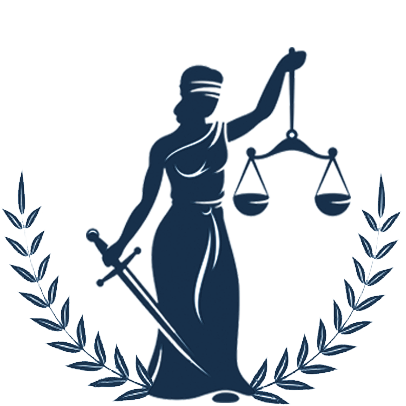 Sometimes an Oklahoma irrevocable trust protects assets from Medicaid clawback. Generally speaking, if an asset does not count when a Medicaid beneficiary is living because it is not available to them, then it will not be available for clawback upon their death. If a Medicaid recipient has some property in an irrevocable trust, it will be available for clawback only to the extent that the trustee MUST allocate income back to the estate of the deceased or meet their unpaid claims.
Sometimes an Oklahoma irrevocable trust protects assets from Medicaid clawback. Generally speaking, if an asset does not count when a Medicaid beneficiary is living because it is not available to them, then it will not be available for clawback upon their death. If a Medicaid recipient has some property in an irrevocable trust, it will be available for clawback only to the extent that the trustee MUST allocate income back to the estate of the deceased or meet their unpaid claims.
More About An Oklahoma Irrevocable Trust And Medicaid
If a deceased Medicaid beneficiary had control of an uncounted property when they were living, then it is available for Medicaid clawback — irrespective of if it is in an Oklahoma irrevocable trust. In most states, Oklahoma included, personal property such as a primary residence and one vehicle do not count when considering asset threshold to receive Medicaid benefits. Upon the death of a Medicaid recipient, such assets become available for clawback. However, there are exceptional circumstances that make such assets unavailable for Medicaid’s recovery of costs from the deceased’s estate.
When Are Assets Protected From Medicaid Clawback?
Uncounted assets such as a primary residence will not be available for estate recovery if:
- The deceased person has a spouse who is still living. The surviving spouse can be living anywhere.
- The decedent has a surviving child who is a minor – below the age of 21 — or who is blind or disabled in any way. The child can be living anywhere.
- They have a sibling who lived in the home for at least a year before the deceased was put in an institution. If the sibling continues to live in the house and has some equity interest, then the residence is not available for estate recovery.
- The deceased lived with an adult child, and it can be proven the child was a caregiver who delayed the institutionalization of their parent. The child must have lived at the home for at least two years before their parent going to a nursing home.
Also, there are circumstances where a state may choose not to recover Medicaid costs despite the availability of assets. If the heirs of the deceased’s estate can prove that recovering Medicaid costs will cause them to experience undue hardship, the state is expected to waive recovery. Oklahoma considers undue hardship situations such as when the heirs to the estate have it as their sole source of income and the asset brings in limited income. This is usually the case with small family farms and businesses.
The state is always obligated to notify the heirs of the deceased’s estate of the intention to recover Medicaid costs and allow them a chance to claim an exemption. Also, the state is expected to waive recovery if they determine it would be unduly expensive to attempt collection of Medicaid’s costs. Each state has its own rules on when it would not be cost-effective to try and recover Medicaid costs.
Are There Limits On How Much The State Can Recover?
Some rules apply to all states regarding how Medicaid cost recovery is carried out.
- The state cannot recover more than Medicaid spent on behalf of the recipient at or after the age of 55.
- The state can only recover what remains after all other creditors are fully satisfied. However, state law determines the priority in which creditors are paid.
Contact An Experienced Oklahoma Irrevocable Trust Attorney
We are Tulsa trust attorneys with the experience and knowledge necessary to assist you with the establishment of your Medicaid asset protection trust in Oklahoma. Even if you do not think you will need long-term care, it is a good idea to preserve your assets now.
We offer a initial, no-obligation consultation about the best approach to protecting your property. Call 918-876-4500 to schedule your initial consultation.
